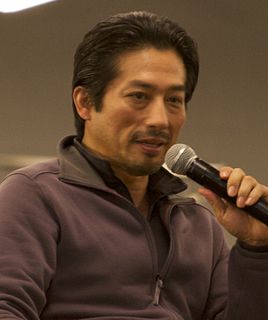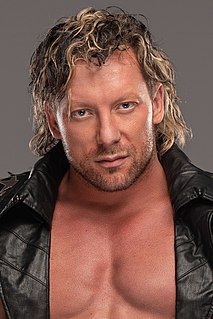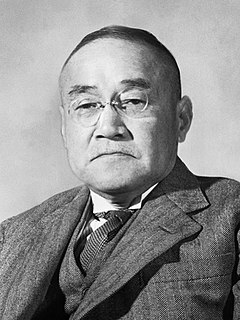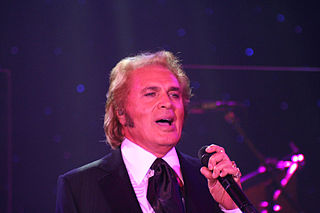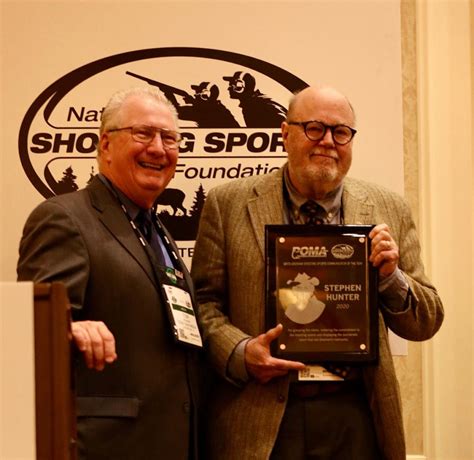A Quote by Hiroyuki Sanada
I've done Last Samurai in Japan, in LA, in New Zealand. Even in Japan it is very hard to shoot, because there's been so many changes. Only around a temple can we shoot.
Related Quotes
I've been round Japan, Hong Kong, Korea, and China in the last few months and the message that I've been taking is that New Zealand is building an up market dynamic into a connected economy. And that we are not the old-fashioned, ship mutton kind of product the people associate their export in work.
I remember my very first encounter with Japan. At that time, I was Deputy Mayor of St Petersburg. Out of nowhere, Japan's Consul General in St Petersburg came to my office and said Japan's Ministry of Foreign Affairs wanted to invite me to Japan. I was very surprised because I had nothing to do with Japan except being a judoka. This was an opportunity to visit Tokyo and a couple of other cities. And, you know, a capital is a capital everywhere: there is the official script and certain protocol. It is always easier to talk in the provinces, the conversation is more natural.
Revolutionary war is an antitoxin that not only eliminates the enemy's poison but also purges us of our own filth. Every just, revolutionary war is endowed with tremendous power and can transform many things or clear the way for their transformation. The Sino-Japanese war will transform both China and Japan; provided China perseveres in the War of Resistance and in the united front, the old Japan will surely be transformed into a new Japan and the old China into a new China, and people and everything else in both China and Japan will be transformed during and after the war.
I really love Japan, and I liked living there very much, and there are so many terrific things about Japan. However, I do think what's amazing is that Japan really prides itself on being monoracial. It doesn't have the same kind of idea as in the U.K. or Canada or the United States, in which the idea of diversity is a strength.
The comfort-women agreement that we made with Japan during the last administration is not accepted by the people of Korea, particularly by the victims. They are against this agreement. The core to resolving the issue is for Japan to take legal responsibility for its actions and to make an official apology. But we should not block the advancement of Korea-Japan bilateral relations just because of this one issue.
